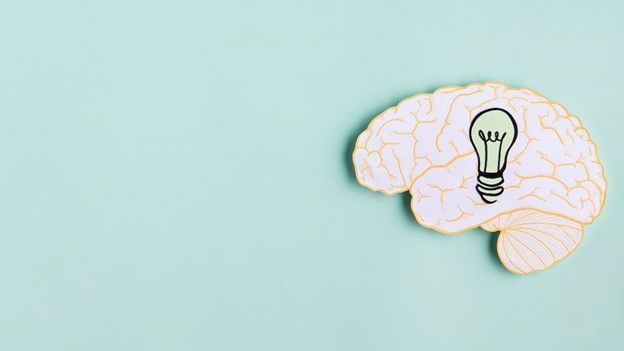Mental Health Clinic Blogs

It is very difficult to watch your loved one grappling with addiction. Luckily, many of us have also seen our loved ones come out of this battle renewed and ready to restart their lives and give themselves another chance at everything a fulfilled life should represent. During this journey, friends or family, their closest people, play a crucial supporting role. There are many steps along the way, and we often need to lend a helping hand. Learn how to support a friend going through addiction recovery and make their path to sobriety a little bit easier.

Mental health and substance use disorders often intersect, affecting millions globally each year. Despite their widespread prevalence, many people hold misconceptions about the relationship between these two health issues. Some believe that substance abuse is solely a result of poor choices and moral failings, neglecting the significant impact that underlying mental health conditions can have. Others may underestimate how frequently these disorders co-occur, leading to oversimplified treatment approaches that fail to address the complexity of dual diagnoses. Stay with us as we clarify these points, shedding light on the essential connection between mental health and substance use and emphasizing the need for comprehensive understanding and treatment to support those affected. By addressing both disorders together, we can improve outcomes and support recovery for countless individuals.

When battling addiction, finding a path to sustained recovery can feel like navigating a maze of challenges. Yet, amidst this journey, behavioral therapy stands out as a beacon of hope. This therapy isn't just about talking through problems. It's a practical approach aimed at reshaping behaviors for the long haul. In this article, we'll explain the tangible impact of behavioral therapy in sustained addiction recovery. So, if you're ready to conquer your addiction and navigate mental health challenges , let's explore how behavioral therapy can be your ally on this journey.

Life is a constant mix of changes and transitions, each carrying its challenges. However, major life transitions, whether positive, like a new job, or more challenging, like moving to a new city, are very stressful. Therefore, they can significantly impact your mental health. This article aims to provide you with ten tips to effectively navigate these mental health challenges during major life transitions.

Dealing with mental health issues is tough enough, but imagine facing them alongside substance use problems. That is the reality for many, known as dual diagnosis. In this article, we explore the critical importance of treating co-occurring mental health and substance use disorders. We'll explain what dual diagnosis means, its unique challenges, and why it's essential to address both issues simultaneously. Our goal? To guide you towards understanding and managing this complex condition, ultimately leading you towards living a fulfilling life . So, let's embark on this journey together, unraveling the complexities of dual diagnosis and discovering effective treatment strategies.

When it comes to our mental health, our minds and bodies are deeply intertwined. They're like two sides of the same coin. This mind-body connection in mental health means there is a profound relationship between our mental and physical states. So, understanding how our thoughts, emotions, and physical health interconnect can help us improve mental resilience and emotional balance. Here, we'll equip you with practical tools to foster this connection and help you lead a happier, healthier life.

Living with mental health challenges can be tough, but it's essential to remember that a diagnosis doesn't define your entire existence. While it may present hurdles and difficulties, it doesn't have to dictate the course of your life. Find out how you can lead a fulfilling life with mental health challenges, offering valuable insights, strategies, and support for those navigating this journey.
Contact us today for more information!









